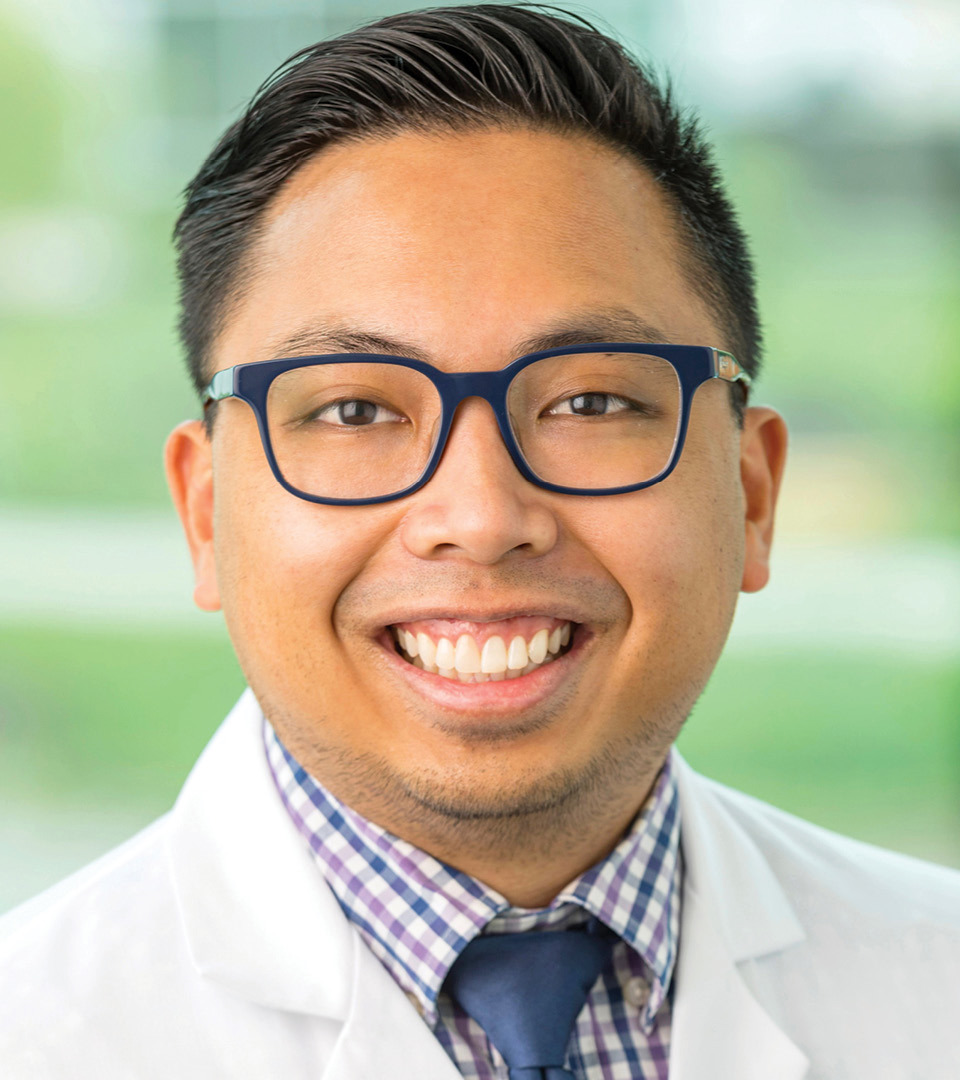Medical societies, including the ACS, have long exemplified organized physician advocacy in both Congress and state legislative houses to ensure high-quality surgery for patients and sustainable practices for surgeons.
Through resources such as the annual Leadership & Advocacy Summit, SurgeonsVoice Advocacy Center, and ACS Professional Association-SurgeonsPAC, the ACS introduces resident and associate surgeons to the practice of advocacy and various methods with which advocacy can be accomplished.
While comprehensive, advocacy in this context exists within a surgical society. Aside from surgical societies, exposure to advocacy occurs in state medical societies and, more rarely, student interest groups. Some may question whether exposure to advocacy should be more informal and grassroots or part of formal undergraduate and graduate medical education.
Here, I argue that introductory advocacy and health policy education for trainees would prime future physicians well for involvement in future advocacy efforts.
Contributing to Human Well-Being
Most physician and surgeon organizations make advocacy a priority for diverse interests in medicine. The American Medical Association adopted a Declaration of Professional Responsibility that requests physicians commit to “advocat[ing] for the social, economic, educational, and political changes that ameliorate suffering and contribute to human well-being.”1
Similarly, the ACS considers patient safety, medical research funding, trauma systems, and cancer care to be advocacy priorities.
Despite advocacy being viewed as a professional responsibility, extant literature demonstrates that the incorporation of advocacy into the medical curriculum often is heterogeneous.
Among varied curricula, one study found that longitudinal rather than one-time learning about advocacy was more successful, along with immersive and objective-based activities and peer-led advocacy such as student or resident advocacy groups.2 Another systematic review found that effective advocacy education is defined by a supportive culture that is learner-centric, educator-friendly, and action-oriented.3 When incorporated into undergraduate or graduate medical education, these curricula serve as first steps to furthering advocacy within their programs or institutions, or even as part of wider state or national medical societies.
Primed for Advocacy
Equipped with a common language of advocacy and health policy, as well as expansive medical knowledge and invaluable interactions with patients in the clinical setting, trainees then can serve as content experts in advocating for medical or surgical issues, and act as informed liaisons for patients who desire an improved healthcare system.
While organic involvement in advocacy at organizations such as the ACS is the typical route of participation, maintaining foundational knowledge of advocacy from undergraduate or graduate medical education may make initial involvement less intimidating and more readily fulfilling.
In the ACS Resident and Associate Society, the Advocacy and Issues Committee serves as that forum for early career surgeons to raise issues important to our membership and advance many of these issues along with potential solutions to the wider College.
Advocacy serves an important role for surgical trainees and practicing surgeons to advance their profession and improve patient care. Incorporating advocacy curriculum in undergraduate or graduate medication education can provide foundational knowledge on health policy, leading to robust engagement with medical and surgical organizations.














